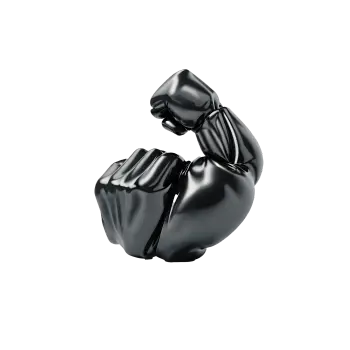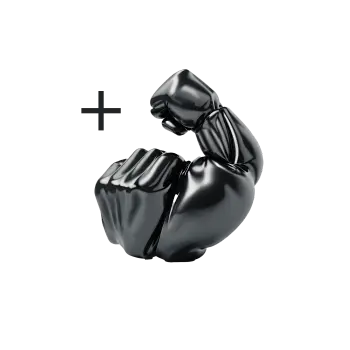What is free testosterone?
Testosterone is a male sex hormone that is also present in women in smaller amounts.
The total testosterone in the blood includes both bound and free testosterone. Most of the testosterone in the blood is bound to proteins called globulins, mainly sex hormone-binding globulin (SHBG). Only a small amount of testosterone is freely and immediately available for the body's cells to use.
Why analyze free testosterone?
Free testosterone may be important to calculate in certain medical conditions, such as erectile dysfunction or male infertility. It can also be calculated as part of hormonal evaluations in case of suspected hormonal imbalance in both men and women.
Calculate free testosterone
Free testosterone can be measured in different ways, but a common way is to use a mathematical model that takes into account the total testosterone value and the level of SHBGin the blood. This model is called "estimated free testosterone".
Model takes into account the total testosterone value and the amount of SHBG protein to which the testosterone is bound. The higher the level of SHBG in the blood, the less free testosterone is available. This may be relevant in hormonal evaluations, where both total testosterone and SHBG levels are measured together with calculated free testosterone to provide a more complete picture of hormone balance.
Formula for free testosterone
The formula for calculating bioactive testosterone also takes into account the biomarker albumin, another protein that can bind to testosterone but to a lesser extent than SHBG. The formula may vary slightly depending on which laboratory is used, but a commonly used formula is:
Free Testosterone = Total Testosterone x (0.67 x Albumin/(SHBG x 100))
In this formula, albumin and SHBG are used to adjust binding proteins and obtain an estimate of the free proportion of testosterone in the blood.
Reference range - free testosterone
Women:
- 0.15 - 1.4 nmol/L
Men:
- 17 - 40 years: 2.8 - 21 nmol/L
- 41 - 60 years: 2.0 - 15 nmol/L
- > 60 years: 1.4 - 14 nmol/L
High levels of free testosterone
High levels of free testosterone can also cause symptoms such as acne, increased body hair, mood changes and reduced sleep quality.
Low levels of free testosterone
Low levels of free testosterone can also cause symptoms such as decreased sex drive, fatigue, muscle weakness, depression and decreased bone mass.
Low levels of free testosterone can affect fertility, but this is not always the case. Testosterone is an important hormone for sexual function and reproduction, and a lack of testosterone can lead to reduced sperm production and reduced fertility in men.

























